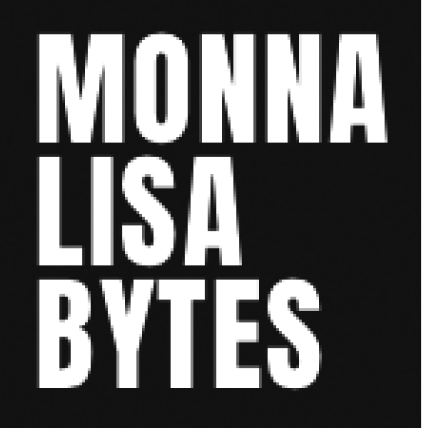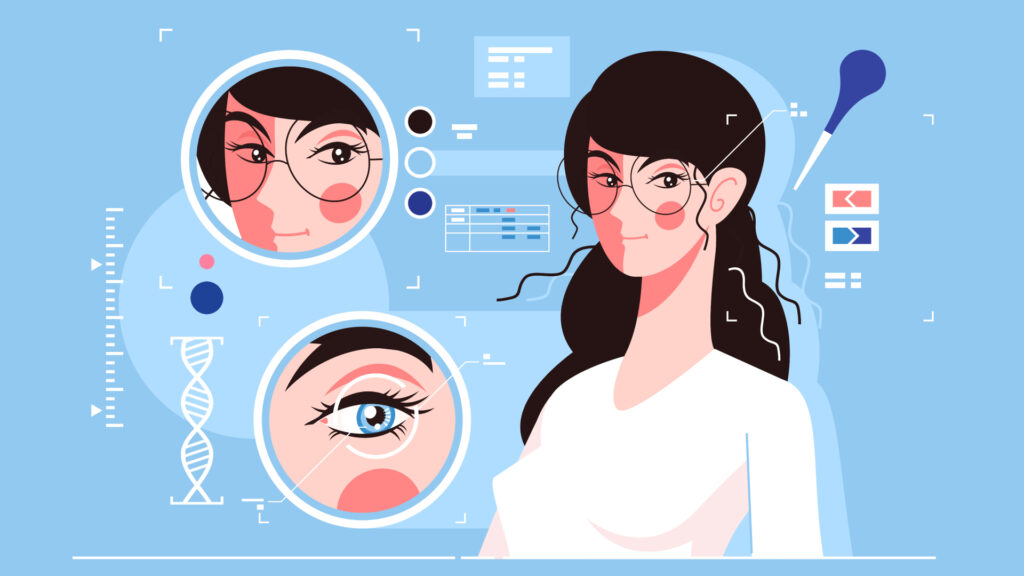Our comforting conviction that the world makes sense rests on a secure foundation: our almost unlimited ability to ignore our ignorance.
– Daniel Kahneman (1934), Israeli psychologist and economist, Nobel Prize winner for economics in 2002
Suppose there is a community in Africa affected by malaria, and there is an inexpensive genetic technique that can make all malaria-bearing mosquitoes sterile, solving, in a few years, a problem that has afflicted humanity for millennia. The question is this: is that African community entitled to decide to extinguish these anopheles mosquitoes forever? What if this action impacted upon crop production in China, or ecology in Italy? Let’s turn the question around. Do we, sitting comfortably on our Färlöv couch, ne’er a mosquito in sight (well, at least not in November in Milan – don’t mention June), have the right to adjudicate on life and death in a community whose deadly problem could be permanently eradicated with a bit of genetic engineering?
We all agree that regulations for genetic editing must be put in place. However, who should write and impose the rules? The pharma companies? The universities? The government? If it is true that academic laboratories should follow a strict ethical code, it is also true that it does not always work like that – some scientists have proved to be more attached to power than ethics, and the peer-review system can be abused with rivalry and power struggles, or nationalistic preferences and simple madness (here, as an example, is a recently published, peer-reviewed article which concluded among other things that jade amulets may prevent Covid-19 – unfortunately we arrived after the out-cry that caused the withdrawl of the paper, and you will find only a blank screen apologizing to you).
As far as pharmaceutical companies go, some seem far from representing an ethical model. In 2017, Marathon Pharmaceutical, an American company, was blocked in the US from selling Deflazacort – a drug to treat Duchenne muscular dystrophy – at a cost of $89,000 a year, instead of the $5 a day it was being sold for in Canada and Europe.
We need to ask, therefore, is Josiah Zayner right – the most hair-bleached biohacker on this side of the 80s – when he says that only the people can decide the fate of their own genome? I have to admit that not all biohackers let me sleep easy at night. I’m not worried about those interested in fore-arm ears or glow-in-the-dark dogs, nor those who identify as “biohackers” but actually mean “my blog address is my first and last name.com and I have a contract with private TV to sell supplements and energy amulets”. What does worry me are events like those associated with the tragic rise and fall of Ascendance Biomedic, the company owned by Aaron Tregwick, who, armed only with a degree in interdisciplinary studies, promoted to hundreds of “patients” a miracle drug that was supposed to eliminate HIV with a single injection. Unfortunately Aaron Tregwick died, drowned in an isolation bathing pod with traces of ketamine in his bloodstream, and Ascendance is now only a Facebook placeholder.
Generally speaking, the biohacker is a scientist who has decided to follow a path in which the principle of “open access” governs the use of a scientific technique (apart from those who decided to become gurus, diet experts, fitness teachers and new age writers). The idea that people should be allowed to decide for themselves, without some patronising entity telling them what they should do, is not new to the world of science. The German psychologist Gerd Gigerenzer for decades has supported the idea that a truly democratic society is a society that knows how to take responsibility for its own choices. Nevertheless, Gigerenzer suggested (he even wrote a book about it) that before giving people the power to make decisions, they should also have been given the tools to understand the implications of such a decision.
“People choose according to their own values, not according to data” says Kevin Esvel, an MIT professor who is reconstructing, genetically-speaking, entire ecological niches, and he is quite right. Daniel Kahneman won a Nobel Prize for this idea, proposing economic models which show that humans are not rational, but instinctive, sentimental and chaotic. This is not always a bad thing: it is the reason why we have friendship, compassion, kindness. The implication though is that we cannot judge a technique without taking into account our emotions and irrationality. And the consequence is that bad choices will be made and some outcomes will be unexpected (good or bad), because complex systems behave in unpredictable ways.
I wanted to approach biohacking with a less sceptical, more respectful tone, but the internet is so overwhelmed by “biohackers” selling fitness tips and autographed books that I can’t take them seriously. I don’t have the answer to my initial question, it’s a difficult one. My final thought is that if we are looking for health-related help, it has to be better to go to a qualified medical professional. With all the flaws they might have, at least they won’t try to sell us their latest cookbook to prevent premature aging. In the middle-ages they were called witch doctors and magicians, now they dress like hipsters, but they are still people who are trying to sell us a dream in exchange for our credit card, and they are always around the corner.
Over The Pop
Decoding Trubridge | Do you become a champion, or you are born one? Neo Life (the name seems like that of a sect, but it is actually Wired’s “younger sister”) asked this question in a documentary following the career of William Trubridge, free diver and holder of 18 world records in more or less every diving discipline. Is he so good because of training, or is written in his genes? And if so, which ones?
Dallas Buyers Club | One of the movies that best illustrates the struggle between patients and pharmaceutical companies in the United States. Watching the movie, in the end you are not so surprised that people start curing themselves. Matthew McConaughey is on the top of his game and with his drawling southern accent won a thoroughly deserved Oscar.
Gut Hack | My favorite biohacker remains Josiah Zayner, former NASA biophysicist and strong supporter of the concept of oversharing and hairstyles that are no-longer in fashion. In this New York Times documentary he decides it’s a good idea to eat his friend’s feces to soothe his intestinal discomfort. The final verdict is yours.
 This article appeared for the first time on our fortnightly newsletter. To keep up with the scientific debate, join the community of Monnalisa Bytes and to receive a preview of all our newsletters subscribe here!
This article appeared for the first time on our fortnightly newsletter. To keep up with the scientific debate, join the community of Monnalisa Bytes and to receive a preview of all our newsletters subscribe here!
